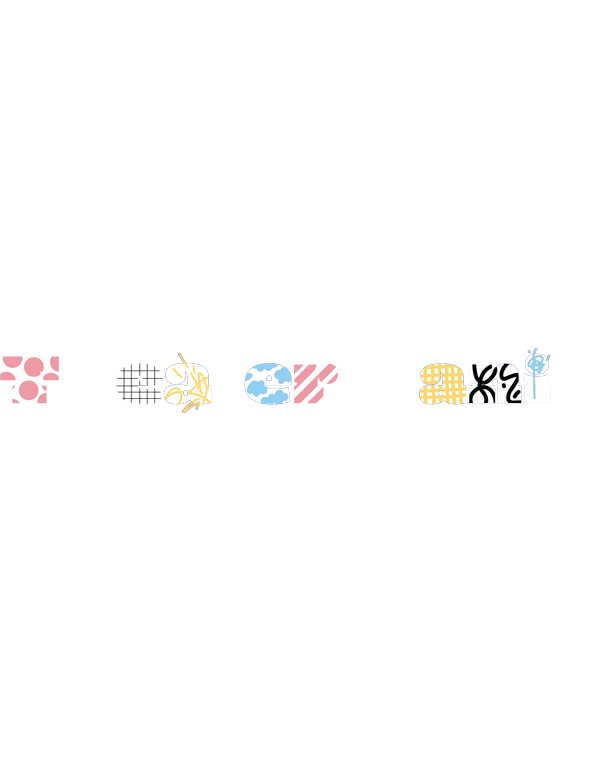
The Really Big Once
Opening Night: April 17, 2010
Closing: May 8, 2010
Theater: The Ontological Theater at St. Mark's Church
This is the world premiere of The Really Big Once, a new play, created by the company, that tells the story of two theatrical giants, Elia Kazan and Tennessee Williams, and how they changed American culture. The Really Big Once explores the Kazan/Williams collaboration (between 1948 and 1953) on one of their most celebrated plays, Camino Real, and is based on meticulous research of (and access to) their notebooks, letters and recollections, with the permission and support of the Kazan and Williams estates. The Really Big Once is being produced in association with the Ontological-Hysteric Incubator.
BUY TICKETSREAD THE REVIEWS:
April 20, 2010
A wispy breath of hope, an aftershock of anger, a lingering chill of regret. That’s about all of the ghosts of Tennessee Williams and Elia Kazan that materializes in “The Really Big Once,” an exploration of a failed collaboration between two one-time kings of American drama. But any lack of more full-bodied manifestations is not for want of wishing or willing by the spirit seekers who have gathered in the close quarters of the Ontological-Hysteric Theater.
READ THE REVIEWApril 20, 2010
The inspiration for David Herskovits’ production of The Really Big Once, now being presented by Target Margin Theater Company and performing at The Ontological Theater at St. Marks Church, is the collaboration between playwright Tennessee Williams and director Elia Kazan on Camino Real, which flopped on Broadway in 1953.
READ THE REVIEWApril 20, 2010
Every once in a while a dramatic production requires more of a critic than the usual modes of analysis provide, and at those times it behooves one to check expectations at the door. I never saw Camino Real, and knew it only as the ill-fated collaboration between Tennessee Williams and Elia Kazan which closed nearly as soon as it opened in 1953.
READ THE REVIEWApril 20, 2010
The title of Target Margin’s latest production, according to artistic director David Herskovits, is what legendary director Elia Kazan termed “the one great love affair—the early passion that shapes a person’s life and can never be recaptured.” In this case, it applies to the collaboration between Kazan and Tennessee Williams on the play “Camino Real,” a surreal, nonlinear poetic fantasy that took both men on an artistic detour into the realm of the avant-garde. The critical and commercial failure of this 1953 Broadway offering prevented those two great artists from turning away from naturalism (though in Williams’ case only for a while) and possibly taking the American theater in a different direction. Herskovits, an acclaimed avatar of downtown theater who cut his teeth working with Richard Foreman, naturally sees this as a shame. Though I don’t share Herskovits’ sentiment, the piece that he and his company have created is so full of passion and love that I couldn’t help but surrender to it.
READ THE REVIEWApril 20, 2010
Target Margin Theatre continues its exploration of Camino Real — one of Tennessee Williams’ greatest failures — in The Really Big Once. A 60-performance flop on Broadway in 1953, when Williams was at the height of his success, it proved to be a dark preview of his future. A largely plotless fantasy, Camino Real centers on an innocent American palooka named Kilroy who finds himself trapped in a nameless, apparently Mexican, city that is also a kind of police state. His fellow prisoners, all yearning for escape, include Lord Byron, Marguerite Gautier (a/k/a Camille), Don Quixote and Sancho Panza, and Kasper Gutman, the sinister figure from The Maltese Falcon. It’s an allegory of flight and imprisonment. Williams’ fans love to insist that Camino Real is one of his finest works, but I’ve yet to hear of a production that has earned any acclaim. However, in its muddied dramatic line, its flagrant use of symbols, and its wildly florid language, it points the way to the author’s final decades, when, out of favor and dogged by personal demons, he produced a series of works — The Milk Train Doesn’t Stop Here Anymore, Out Cry, and The Red Devil Battery Sign among them — that left audiences frustrated and bored.
READ THE REVIEW





















